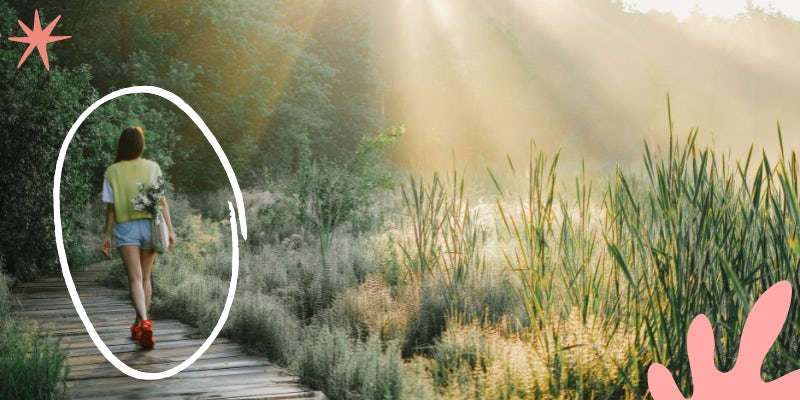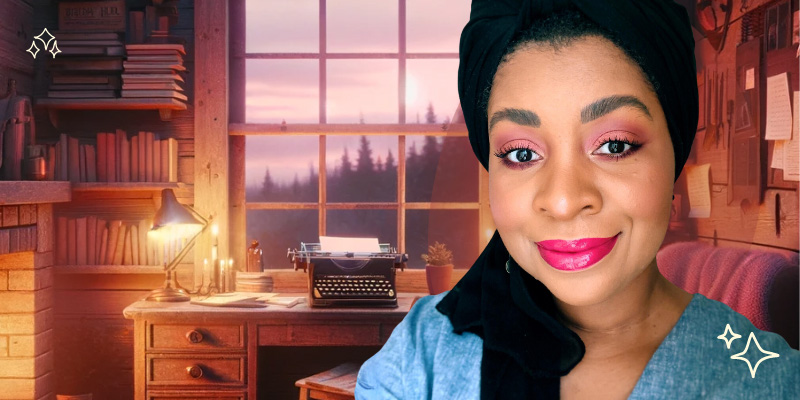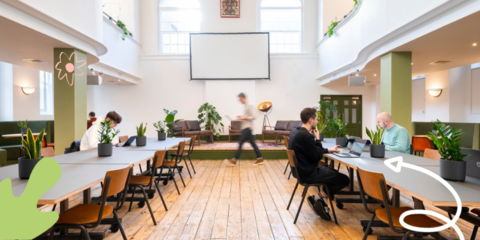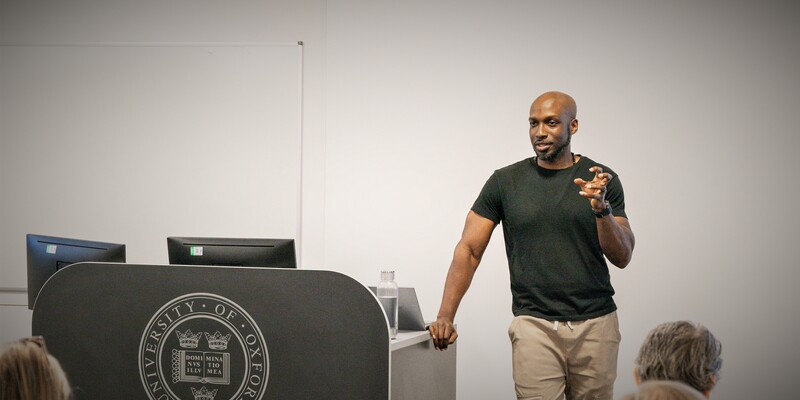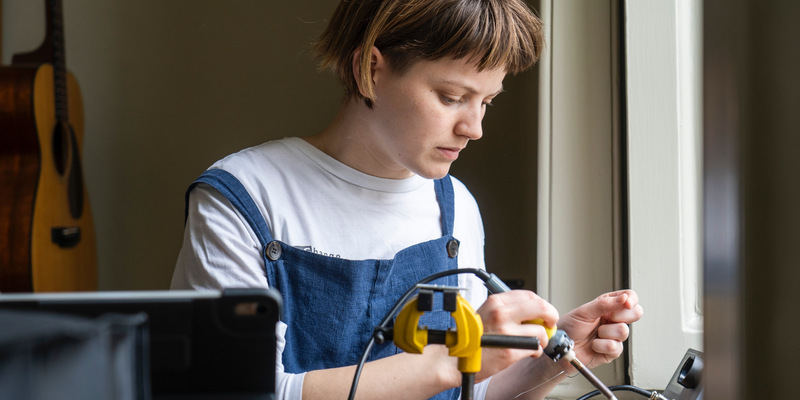Have you ever stood at the edge of a vast body of water and felt almost breathless at the magnitude of what’s before you?
The grandeur of nature has a way of putting things into perspective. It encourages each of us to be more attentive in our relationships with those around us and, more importantly, with ourselves.
The German-American psychoanalyst Erich Fromm was the first to introduce the term biophilia, which he defined in his 1973 book The Anatomy of Human Destructiveness as “the passionate love of life and of all that is alive.”
Biophilia literally translates from the Greek as ‘love of life’.
Bios = life
Philia = fondness
Biophilia = love for life.
It’s the idea that humans possess an innate tendency to seek connections with nature. We’re biologically driven to interact with other forms of life such as animals and plants.
There’s plenty of evidence supporting the positive benefits of human interaction with nature, like improved productivity, lower levels of stress, enhanced learning, and even improved recovery rates after illness. When asked to think of a place where they’ve felt relaxed and calm, 90% of people will imagine themselves in a natural setting. Simply put, being in or around nature makes us feel good. Our physical and mental well-being depends on us spending time in a natural environment.
Nature’s power influences not only our mental health, but everything from our hobbies and travels, to the spaces we live. Biophilic design is a burgeoning branch of architecture seen more and more in the design of modern homes and workspaces, that brings natural materials and naturally-occurring geometries into buildings to help us live and work better.
The flip side, however, is that if biophilia delivers so many benefits to us humans, then our ever-increasing detachment from the natural world due to technology, urbanisation and the pace of modern living will have equally powerful – but negative – effects on our well-being.
Let nature bring you home
A couple of years ago I moved back to my childhood home after more than a decade of traveling. I didn’t know anyone in Scotland anymore, aside from my family, and if I’m honest I didn’t love being back here. I felt lonely, disconnected and out of step.
But since my travel wings had been clipped (thank you, pandemic) I tried to make the best of it.
I started taking a walk each day, whatever the weather. At first dutifully taking my hour to wander around the nearby streets and park. But I live in a beautiful part of the country with a loch in the centre of the town, and a country park no more than five minutes drive away… so gradually my walks got more adventurous.
Forests and wild spaces became my playground. I started wild swimming, and felt a sense of joy creep back into my existence. The time spent outdoors became a precious, non-negotiable part of my day.
At first the changes in me were subtle. But soon, exploring those forests, beaches and hillsides shifted the perspective I held of my circumstances: I was no longer feeling ‘forced’ to stay put but actively embracing the sense of grounding my surroundings offered.
I found my place in nature and it helped me find my home again. If I was lost and disconnected when I arrived back in Scotland, surrendering to nature was what healed me.
The purpose in purposelessness
“To experience biophilia is to love a diversity that, as limitless as it is fragile, both haunts us and fills us with hope.”
Modern life, with all its social and cultural expectations, can fool us into believing that time in nature is time wasted. Without a tangible outcome in our bank account, it’s easy to categorise nature time as a frivolous activity that sits way, wayyyyy down the to-do list.
But sometimes – no, often – we need to let go of the material stuff and appreciate what’s free to each of us and all around us in abundance. To embrace biophilia.
I know it can be a challenge to give yourself both the permission and indeed the mental freedom to engage in what might seem like a purposeless activity. Yet shifting your mind into an indirect attention state through appreciation and the act of slowing down is far from purposeless.
Perhaps paradoxically, consciously engaging in this non-goal-directed activity can positively impact your ability to focus in other aspects of your life.
The positive impact of activities in nature is similar to that of mindfulness or meditation. Being present and letting the mind go where it will not only decrease stress, but also tops up our reserves, preserving our capacity to stay the course when we are back at the desk.
Biophilia is birdsong, it’s wispy clouds, and the sun beaming on your face. It’s the change of the seasons and the comings and goings of life. It reminds us that we’re all just tiny threads in a far more intricate tapestry. We may be rich, poor, short or tall, but ultimately, we are all just single threads in something complex and beautiful and far bigger than we are.
As Harvard Professor and author Edward O. Wilson wrote: "Nature holds the key to our aesthetic, intellectual, cognitive and even spiritual satisfaction."
How will you bring a nature break into your day?
